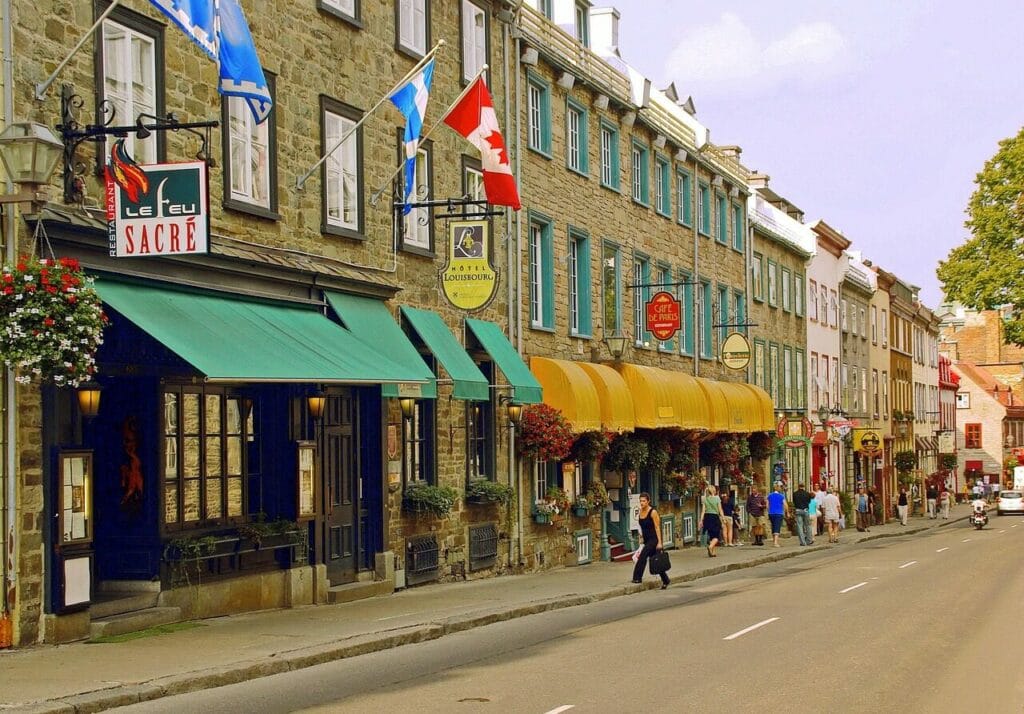With municipal elections approaching in Quebec, here are key aspects to watch out for:
1. Voter Turnout:
In the past two municipal elections in Quebec, voter participation has been low. Only 39% of Quebecers voted in 2021, a drop from 45% in 2017. Montreal saw a turnout of 38% in 2021, down from 42% in 2017. Laval had a turnout of 28% in 2021, while Quebec City had 45% participation. Concerns have arisen due to the ongoing postal strike potentially affecting voter information distribution.
2. Gender Parity:
Despite efforts, women make up only 36% of municipal candidates in Quebec this year, falling short of the 40-60% target. A report from the University of Calgary shows that women represent only 31% of elected municipal representatives in Canada, with just 22 being mayors.
3. Transit Strike:
During the Montreal election, about 2,400 transit workers are expected to strike, raising worries about hindrances to voting. The Quebec labour tribunal is yet to decide on service levels, considering the election’s impact. A prior transit strike coincided with Grand Prix weekend in June, leading to a full service mandate.
4. Mayoral Race in Montreal:
With Montreal Mayor Valérie Plante not seeking re-election, the competition is heating up between Luc Rabouin of Projet Montréal and Soraya Martinez of Ensemble Montréal. Martinez currently leads Rabouin by nine points in polls, with a significant portion of voters still undecided.
5. Political Apathy:
Nine municipalities in Quebec have no mayoral candidates, and 40 city council seats remain unfilled. However, this is an improvement from the 2021 election when 120 seats went vacant. Over 4,500 municipal candidates, including 564 mayors, have been elected unopposed, reflecting a decrease in political apathy compared to the previous election.



